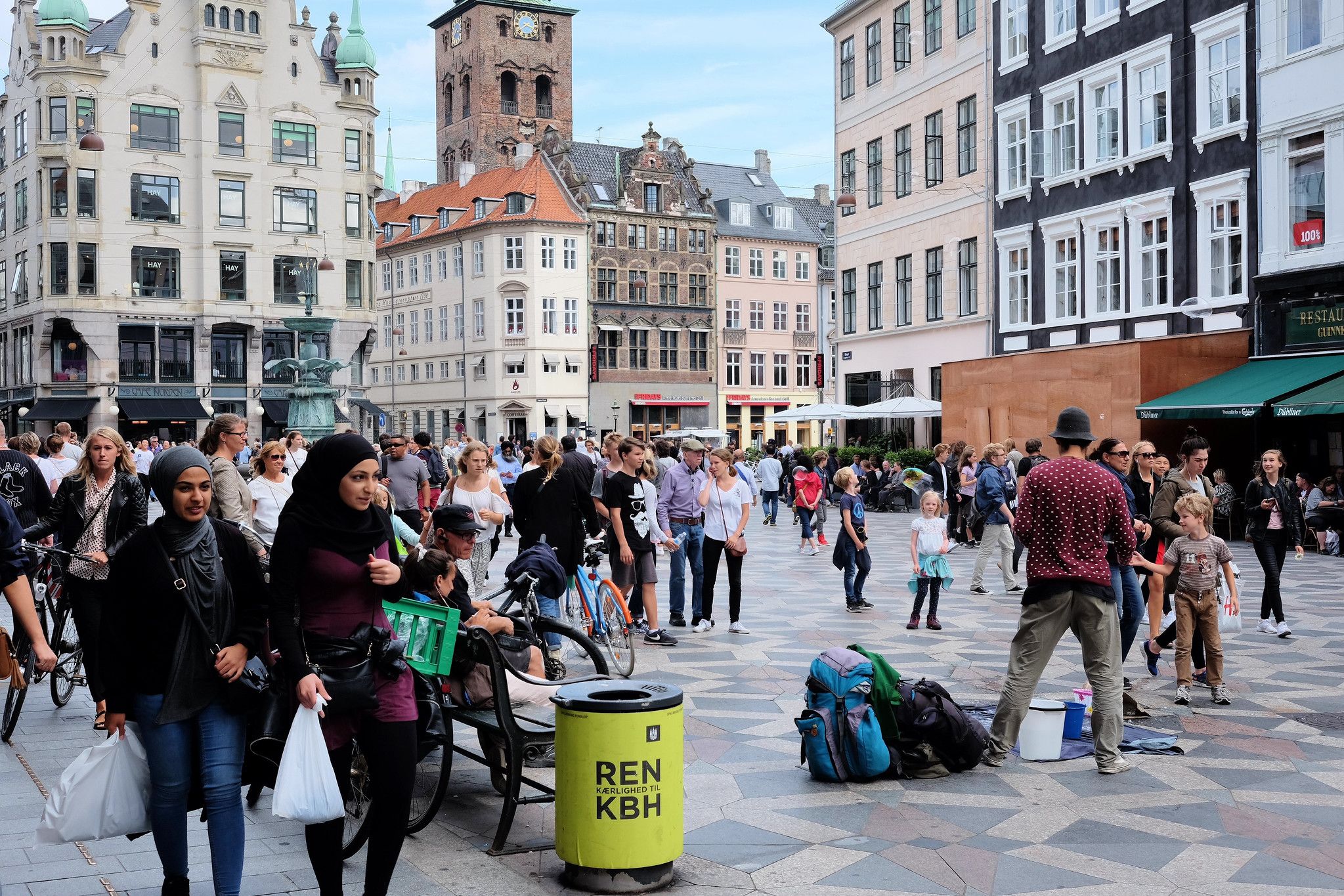Copenhagen Municipality looks set to sack street sweepers, thereby shrinking the workforce allocated to clean the city’s green areas and urban spaces.
Consulting firm Ernst & Young concluded in a report that a large sum of money could be saved and otherwise spent on the cleanliness of the city and its green areas.
“Tunnel vision”
Rasmus Bredde, a specialist worker in the municipality, denounced the municipality’s decision, stating that those making the call have “tunnel vision”.
He further said that if the decision is followed through, there will be consequences for the urban spaces of the city.
Large chain to launch first Copenhagen hotel next year
Spanish five-star chain NH Hotel Group is expected to commence operations in Copenhagen in the autumn of 2021. Its first hotel shall be located in the old Desert Fort site at Knippelsbro, a locality that formerly housed Nordea and also served as the headquarters for B&W in the 1970s. The chain, which operates 361 hotels across 29 countries, is confident that it can generate annual revenue of 300 million kroner at the proposed 400-room hotel. It had looked likely that Hilton Hotels would set up a location at the old Desert Fort site, but talks fell through. ATP Properties will take care of the development of the site.
Government allocates 1.9 million kroner for sustainable development
The government on Thursday apportioned 1.9 million kroner for green restructuring and sustainable development projects in the Capital Region of Denmark. Five local projects received positive responses following applications submitted to the Ministry of Agriculture’s ‘Rural Pool’. Simon Kollerup, the business minister, said that applications complement the government’s climate goals and desire to improve the quality of life in rural areas. Of 104 applicants, 41 were granted approvals.
Water leaks affect Copenhagen neighbourhoods
Water leakages on Tuesday affected several parts of Copenhagen including northern Amager and Christianshavn, according to Copenhagen Police. The police spotted seepage across Torvegade after which the road was cordoned off. The aforementioned changes will render it impossible for passers-by to cross Christianshavn between Amager and the city centre. However, Christianshavn remains accessible by car from both sides.
Copenhagen’s first electric harbour bus becomes operational
Copenhagen’s first electric harbour bus took its first ever batch of passengers on board last week. The old fleet are being replaced with brand new electric-powered boats, bringing in a significant cut in CO2 emissions. With a capacity of 80 passengers, the new public transport system is also expected to decrease NOx emissions by 14 percent.
Bathing season on Copenhagen port under COVID-19 guidelines
The official bathing season in Copenhagen began on June 8 under fresh guidelines to address the pandemic, which will include stricter manning and bathing guidelines. Among other measures included hand spirit for bathers, signs marking distance on land, separation of bathers at entry and exit points, and longer waiting queues while the baths are occupied.
Construction permits: the enigma wrapped in a riddle
Several municipalities in the country reportedly take days to grant construction permits, while others may take months. In the municipalities of Thisted, Vallensbæk and Haderslev, applicants may receive answers in about 14 days. Whereas, municipalities with the longest processing time include four from Zealand including Helsingør, Greve, Roskilde and Fredensborg, two from Funen including Nyborg and Faaborg-Midtfyn, two from Jutland including Norddjurs and Mariagerfjord, and Samsø. The response times, explained Dansk Byggeri, are a measure to assess which municipalities are the most feasible for construction projects.















